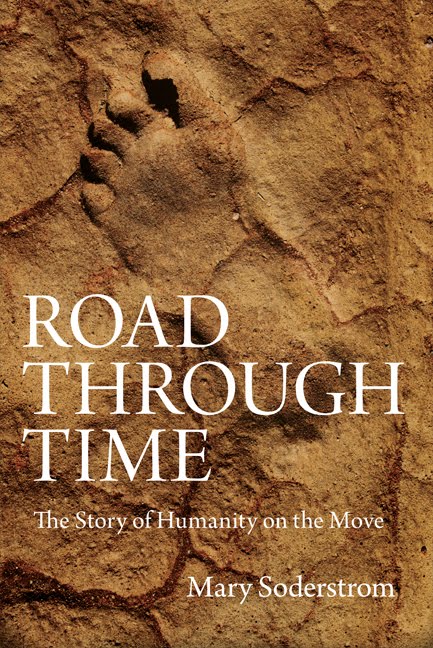Tuesday 28 October 2014
Recession Has Increased Child Poverty, Unicef Report Says
The statistics are dire: The eight years since things went belly-up in 2008 have been terrible on children in many, many countries. But it's clear that many people are going to see in them what they want.
The CBC reports: "Canada's child poverty rate down despite recession."
The Guardian says: "Child poverty up in more than half of developed world since 2008."
And the UN agency's own release states: "2.6 million more children plunged into poverty in rich countries during Great Recession"
What has happened is that where austerity measures were put into place, children have suffered because their parents frequently did not have enough money to feed them and because the social safety net put up in the last 25 years was torn down.
"Many affluent countries have suffered a ‘great leap backwards’ in terms of household income, and the impact on children will have long-lasting repercussions for them and their communities,” Jeffrey O’Malley, UNICEF’s Head of Global Policy and Strategy, was quoted in the Unicef release. It continues:
"In 23 of the 41 countries analysed, child poverty has increased since 2008. In Ireland, Croatia, Latvia, Greece and Iceland, rates rose by over 50 per cent.
"In Greece in 2012 median household incomes for families with children sank to 1998 levels – the equivalent of a loss of 14 years of income progress. By this measure Ireland, Luxembourg and Spain lost a decade; Iceland lost 9 years; and Italy, Hungary and Portugal lost 8...
"In the United States, where extreme child poverty has increased more in this downturn than during the recession of 1982, social safety net measures provided important support to poor working families but were less effective for the extreme poor without jobs. Child poverty has increased in 34 out of 50 states since the start of the crisis. In 2012, 24.2 million children were living in poverty, a net increase of 1.7 million from 2008.
"But in 18 countries child poverty actually fell, sometimes markedly. Australia, Chile, Finland, Norway, Poland and the Slovak Republic reduced levels by around 30 per cent."
Canada was one of them: the decline was 2.4 per cent, from 23.2 per cent to 20.8 per cent.
But before Canadians should pat themselves on the back for that relatively good showing, we should note that a bigger proportion of Canadian kids are poor than are French kids, even though the child poverty rate increased by 3 per cent there to 18.6 per cent of children are classifed as poor.
Similarly, the social safety net that has sustained our kids is being threatened by provincial and federal governments who still have got the message that austerity makes things worse.
The CBC reports: "Canada's child poverty rate down despite recession."
The Guardian says: "Child poverty up in more than half of developed world since 2008."
And the UN agency's own release states: "2.6 million more children plunged into poverty in rich countries during Great Recession"
What has happened is that where austerity measures were put into place, children have suffered because their parents frequently did not have enough money to feed them and because the social safety net put up in the last 25 years was torn down.
"Many affluent countries have suffered a ‘great leap backwards’ in terms of household income, and the impact on children will have long-lasting repercussions for them and their communities,” Jeffrey O’Malley, UNICEF’s Head of Global Policy and Strategy, was quoted in the Unicef release. It continues:
"In 23 of the 41 countries analysed, child poverty has increased since 2008. In Ireland, Croatia, Latvia, Greece and Iceland, rates rose by over 50 per cent.
"In Greece in 2012 median household incomes for families with children sank to 1998 levels – the equivalent of a loss of 14 years of income progress. By this measure Ireland, Luxembourg and Spain lost a decade; Iceland lost 9 years; and Italy, Hungary and Portugal lost 8...
"In the United States, where extreme child poverty has increased more in this downturn than during the recession of 1982, social safety net measures provided important support to poor working families but were less effective for the extreme poor without jobs. Child poverty has increased in 34 out of 50 states since the start of the crisis. In 2012, 24.2 million children were living in poverty, a net increase of 1.7 million from 2008.
"But in 18 countries child poverty actually fell, sometimes markedly. Australia, Chile, Finland, Norway, Poland and the Slovak Republic reduced levels by around 30 per cent."
Canada was one of them: the decline was 2.4 per cent, from 23.2 per cent to 20.8 per cent.
But before Canadians should pat themselves on the back for that relatively good showing, we should note that a bigger proportion of Canadian kids are poor than are French kids, even though the child poverty rate increased by 3 per cent there to 18.6 per cent of children are classifed as poor.
Similarly, the social safety net that has sustained our kids is being threatened by provincial and federal governments who still have got the message that austerity makes things worse.
Subscribe to:
Post Comments (Atom)


















No comments:
Post a Comment